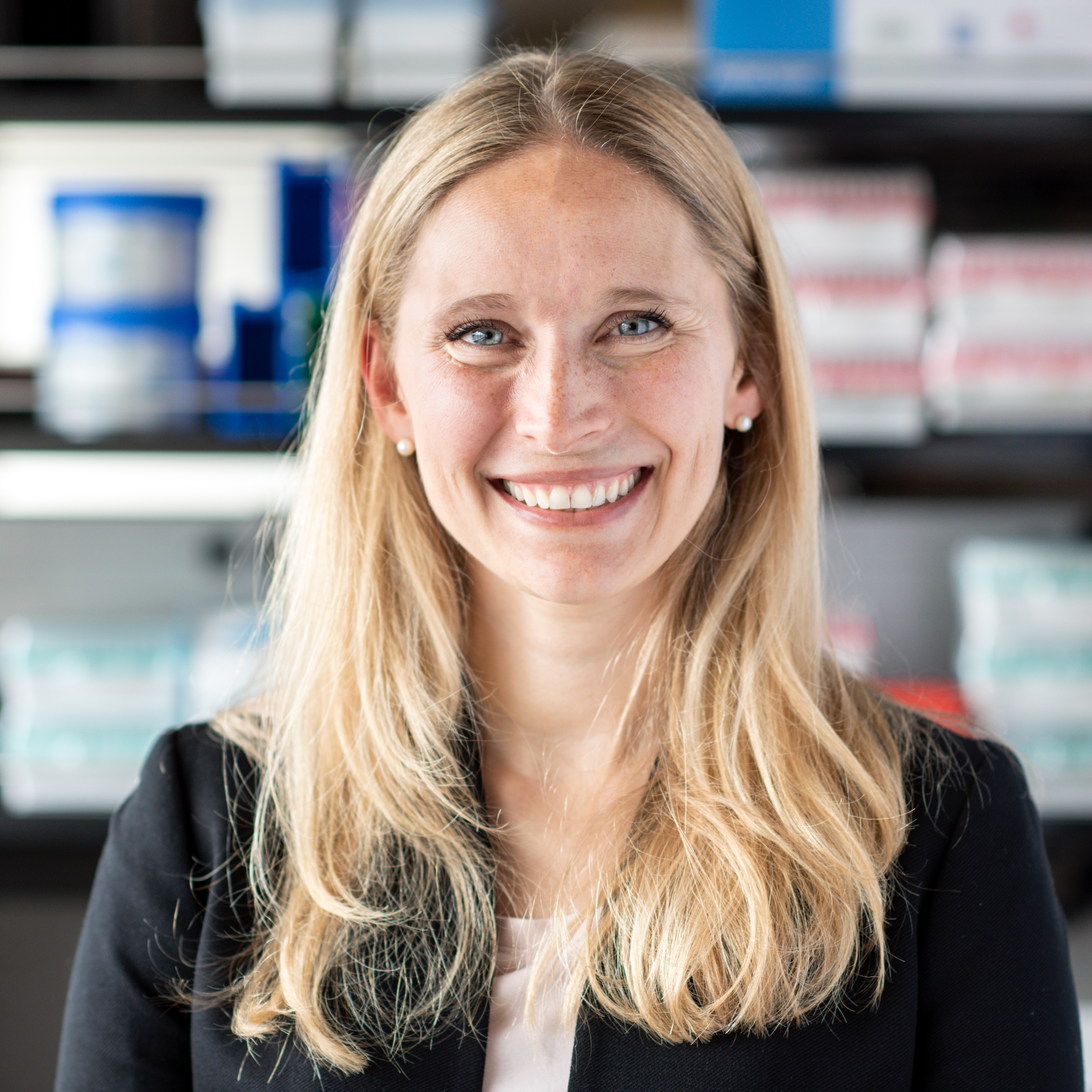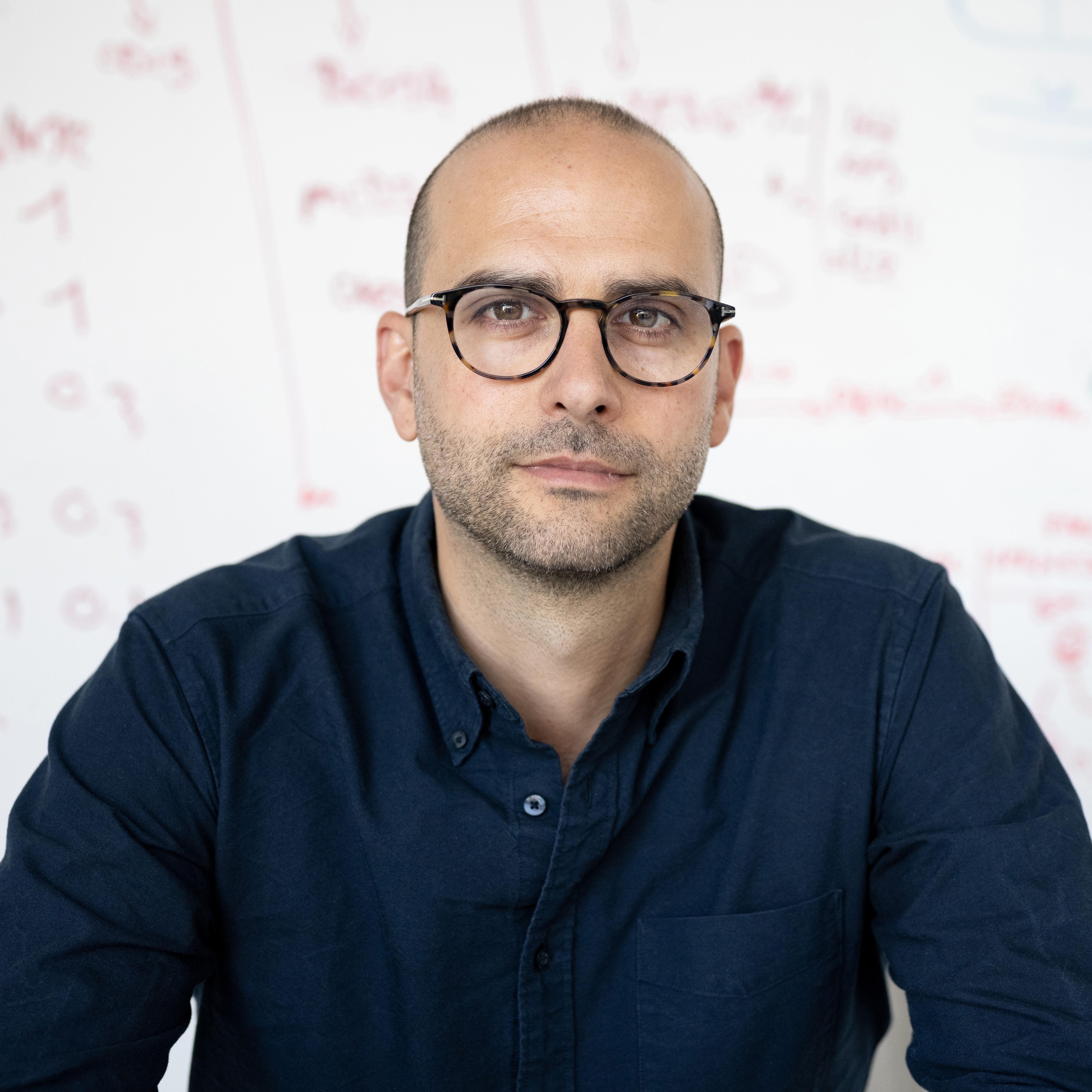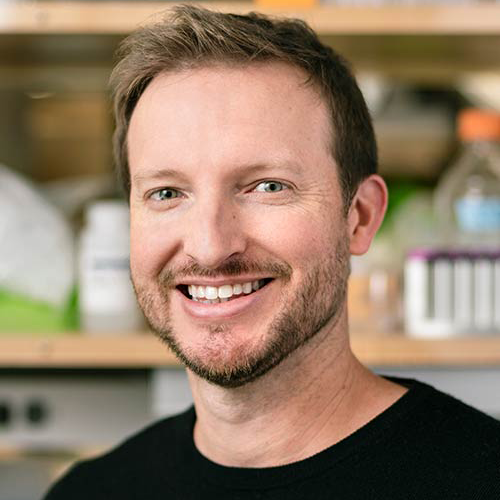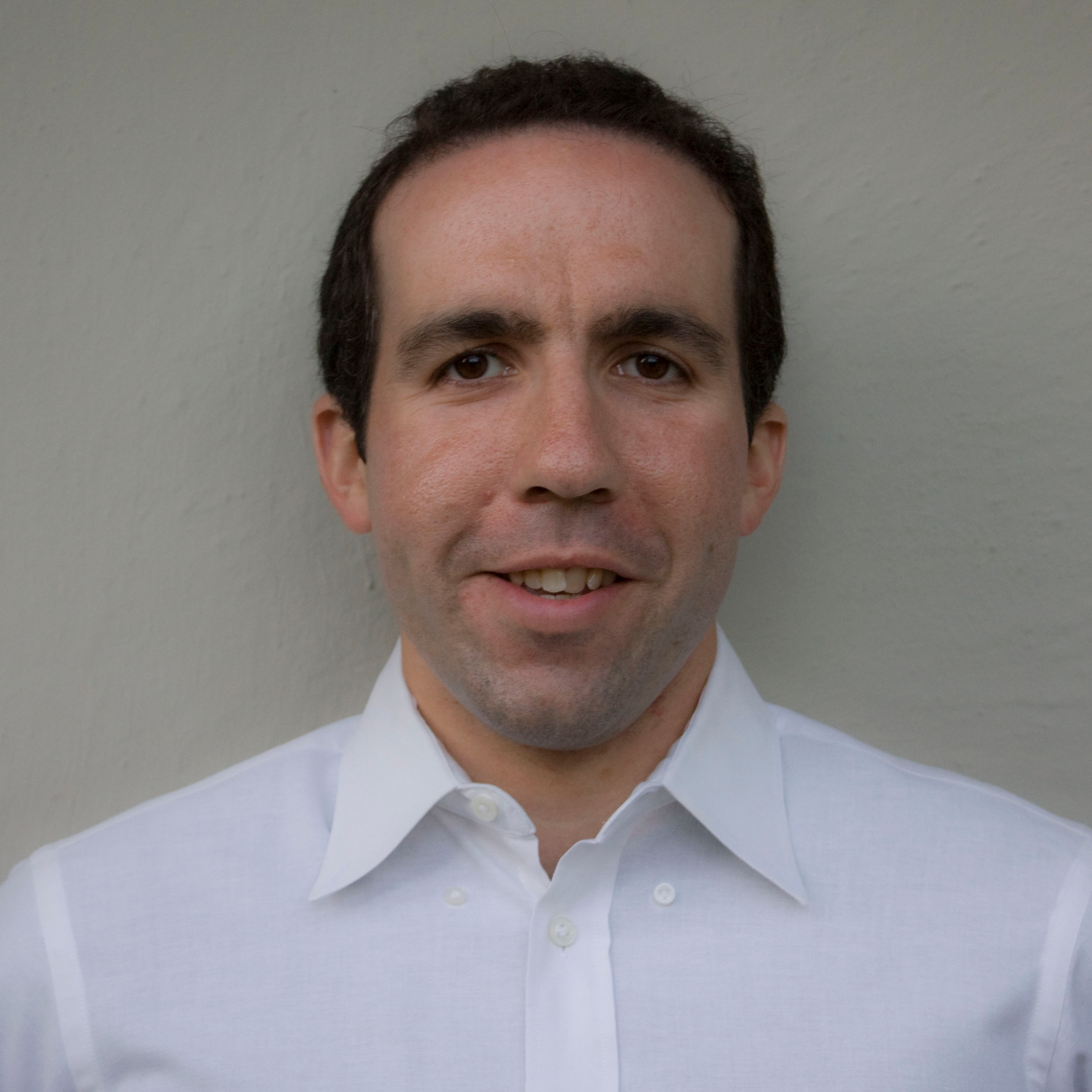Gastrointestinal cancers are among the most challenging malignancies to treat, with limited therapeutic advancements compared to other cancer types. Claudin18.2 (CLDN18.2), a gastric-specific isoform of an epithelial tight junction protein, has recently emerged as a promising target for chimeric antigen receptor (CAR) T-cell therapies due to its high expression in gastrointestinal tumors. Early clinical trials of CLDN18.2-targeting CAR T-cells have shown encouraging preliminary results in patients with advanced gastroesophageal cancer. However, some responses have been short-lived, with many patients experiencing tumor relapse. These findings underscore the need for more potent and durable CAR T-cell therapies to achieve long-term remissions or cures, as well as alternative targets for tumors lacking CLDN18.2 expression.
This Endeavor award aims to address these critical challenges by leveraging advanced genetic engineering, synthetic biology, and functional genomics to develop enhanced CAR T-cell therapies for gastric cancer. The team will test modifications to the CAR architecture and incorporate genetic reprogramming techniques to create more effective CAR T-cells capable of sustaining anti-tumor activity in the challenging tumor microenvironment of gastric cancers.
They will also explore innovative payload strategies to further bolster CAR-T cell functionality. Solid tumors, including gastric cancers, present a highly suppressive microenvironment that can diminish the efficacy of CAR T-cells. To counteract this suppression, the project will engineer CLDN18.2 CAR T-cells to include conditional payloads that amplify their anti-tumor response while adapting to the dynamic conditions within the tumor microenvironment.
Finally, the team will identify and validate novel surface antigens in gastric cancers, particularly those lacking CLDN18.2 expression, to act as new CAR T-cell targets using high-throughput proteomics and advanced bioinformatics pipelines. These discoveries will expand the repertoire of therapeutic targets, enabling dual specificity or logic-gated CAR T-cell approaches to address the heterogeneity of gastric tumors.
By integrating cutting-edge genetic engineering, synthetic biology, and functional genomics, this research aims to develop next-generation CAR T-cell therapies that overcome current limitations in efficacy and durability. These innovations could lead to more effective, long-lasting immunotherapies, potentially revolutionizing treatment options and improving outcomes for gastric cancer patients.
published research
Pelka K. Targeting immune hubs to advance cancer immunotherapy. Sci Transl Med. 2025.









